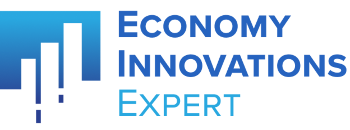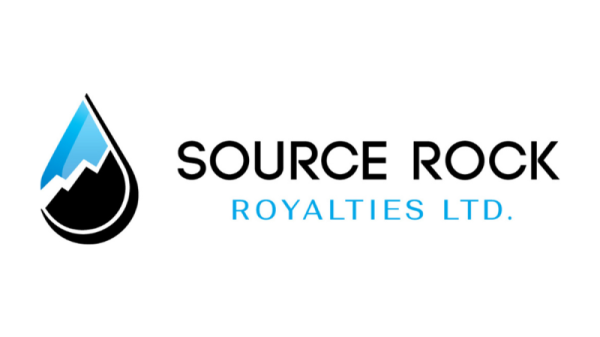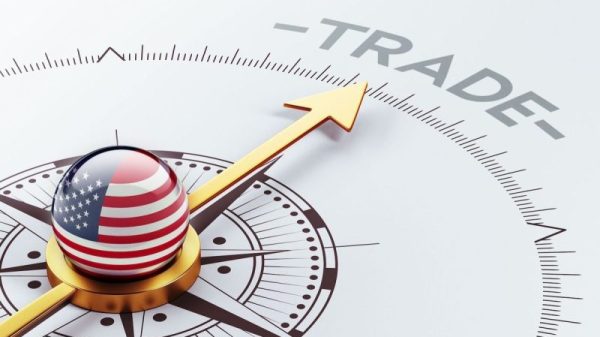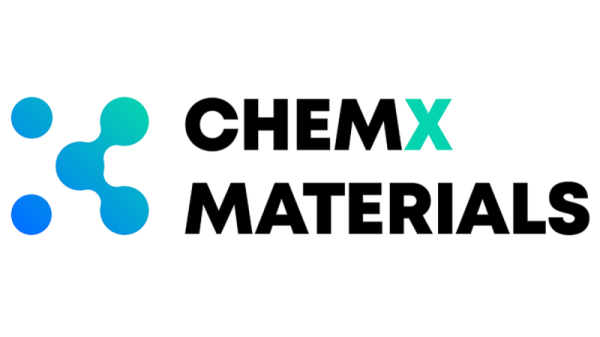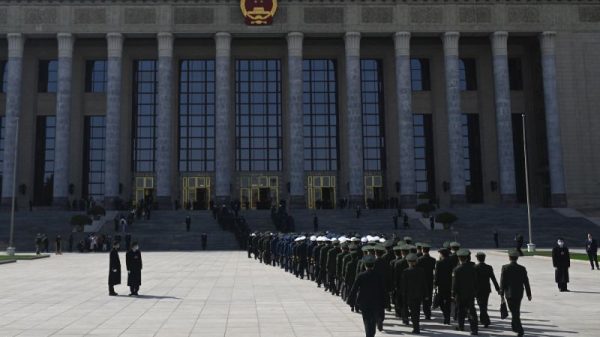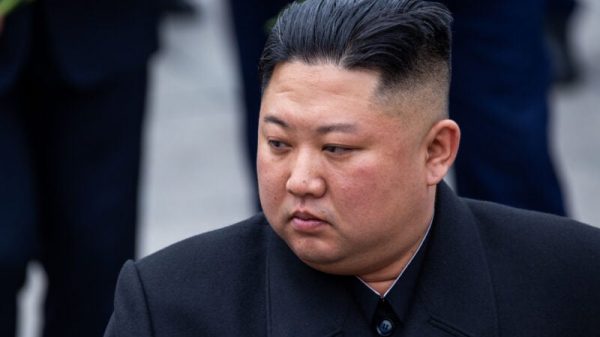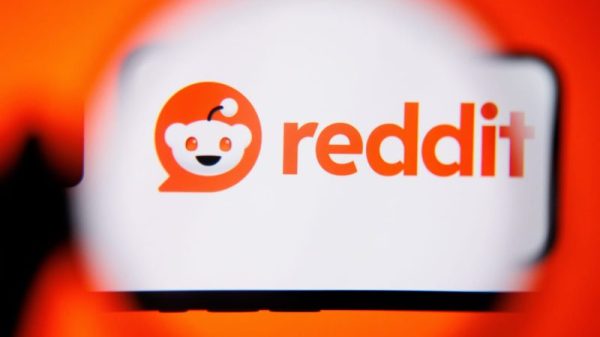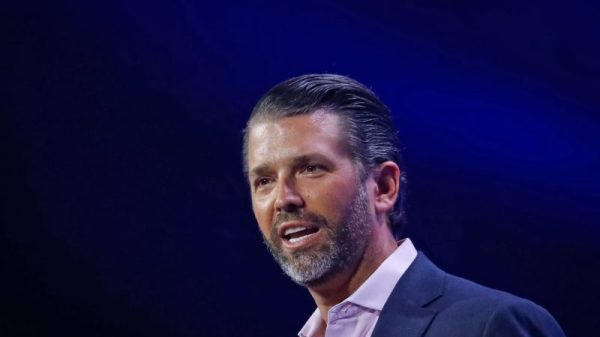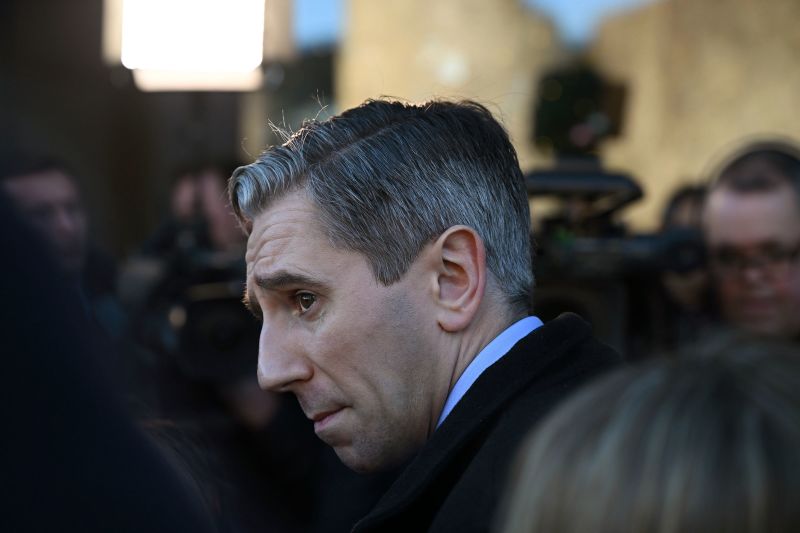Ireland’s youngest ever prime minister, Simon Harris, may have thought he had a victory in Ireland’s upcoming general election all but shored up.
Touted as the TikTok taoiseach, Harris had used his last seven months in power to try and reassure Ireland’s young population that, at 38 years old, he understands their frustrations over key issues such as an entrenched housing crisis, its own issue separate from the high cost of living.
It all seemed to be going to plan with his political party, Fine Gael, riding high in the polls until last week when a clip went viral of Harris walking away from visibly upset care worker Charlotte Fallon, who tried to ask him questions on the campaign trail.
Even before this, the center-right Fine Gael party had its work cut out trying to extend a 14-year stint in power, which in recent elections has only been achieved through complex coalition arrangements. If successful in Friday’s ballot, the party will have achieved a new “record in Irish politics,” according to David Farrell, a politics professor at University College Dublin.
Political commentators say there is however a very real prospect that the party may fall victim to the incumbency curse, which has seen incumbent political parties around the globe fail to maintain their standing in elections this year.
‘Huge volatility’ among the electorate
On Friday, Ireland will elect 174 members of parliament (TDs) by the system of proportional representation with a single vote.
A poll published by the Irish Times newspaper on Monday found a 6-point drop in support for the taoiseach’s party, just five days before the election. The three main parties, Fianna Fáil, Fine Gael and Sinn Féin are polling at 21%, 19% and 20% respectively. Small parties and independents make up the remaining 40%.
For the lifespan of the Irish republic, the government has been led by the two centrist parties, either Fine Gael or Fianna Fáil, with a historic coalition that included the Green Party in 2020.
Borne out of the two sides who fought against each other in the Irish civil war, which ended in 1923, the two parties now share many similarities when it comes to policy. Both have adopted a broadly centrist position over the years.
Whilst in power, Fine Gael has overseen more economic liberal policy whilst Fianna Fáil has tended to lean more toward the traditionally conservative side, although both have proven malleable.
“That’s an unusual feature, because in most other European democracies, what you tend to find is the centrist parties are very weak,” Farrell explains.
In the 2020 election, to much surprise, the opposition party Sinn Féin won the popular vote but were thwarted by the main political parties who refused to enter government with them.
Ahead of Friday’s vote, Mike Miley, the head of Public Affairs for strategy firm Teneo in Ireland and a former Fine Gael press officer, described the coalition possibilities as “vast and wide,” stressing that “with the exception of a far-left government led by Sinn Féin” any coalition will have to include two out of the three major parties.
The major question being who will be willing to partner up.
This election campaign has revealed a “huge volatility amongst the Irish public” still, Bray said.
“Voters want to see long term action on the housing and homeless crisis, but they were unsure which party offered a viable path to change,” she added.
Fight for social media influence
One key arena where Irish politicians have vied for votes is social media. Simon Harris has prided himself on his prolific use of platforms such as Tik Tok and Instagram. However, social media experts have pointed out that some of his political opponents such as 35-year-old leader of the Social Democrats party, Holly Cairns, and Sinn Féin leader, Mary Lou McDonald, have much higher engagement levels.
“Cairns has the kind of numbers that would be the envy of any brand or content creator in terms of engagement,” said Donagh Humphreys, head of Social and Digital Innovation at youth marketing agency Thinkhouse.
It was younger voters who helped to spearhead the progressive social changes which defined recent Irish history such as the legalization of same-sex marriage and the repeal of an abortion ban.
This time around, Farrell said that any new government will be inheriting a different kind of country.
There are also concerns about the potential economic shock that a looming Donald Trump presidency in the United States might trigger. Trump has made no secret of his plans to lure back US firms who have headquartered overseas, in what is sure to be a blow to the Irish economy which has long attracted US tech companies with its competitive corporate tax rate.
Bray said the 2024 election was consequently marked by an “anxiety amongst the electorate about what might lie ahead, along with increasing questions about the long-term vision for the country.”
